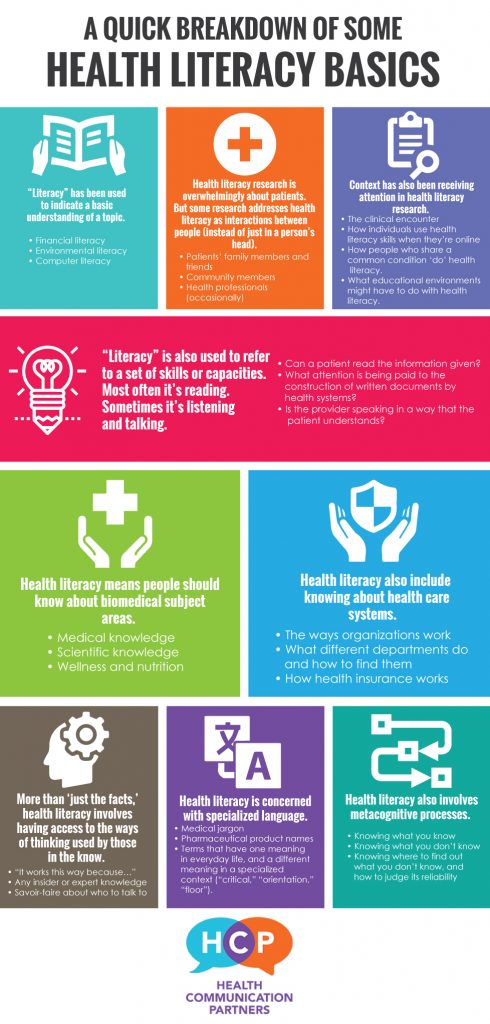Ethics of Using Health Information
AHIMA Code of Ethics
The ethical obligations of the health information management (HIM) professional include the safeguarding of privacy and security of health information; appropriate disclosure of health information; development, use, and maintenance of health information systems and health information; and ensuring the accessibility and integrity of health information. The code of ethics from the American Health Information Management Association (AHIMA) strengthens the HIM professional's efforts to improve overall quality of healthcare.
You can view the AHIMA Code of Ethics on the AHIMA website.
ANA Code of Ethics
The ANA Code of Ethics for Nurses with Interpretive Statements (The Code) was developed as a guide for carrying out nursing responsibilities in a manner consistent with quality in nursing care and the ethical obligations of the profession.
You can view the Code of Ethics on the American Nurses Association website or using this PDF from Rutgers University.
Additional Information on Ethical Considerations:
- ANA's Principles for Nursing Documentation
- Professional Documentation: Safe, Effective, and Legal (archived online course)
- Legal Aspects of Nursing
- The Ethical and Financial Aspects of Nursing Informatics (St. Thomas University)
HIPAA and HITECH
The Health Insurance Portability and Accountability Act of 1996 (HIPAA), also known as Public Law 104-191, created national standards to protect individuals' medical records and other personal health information. The HHS was required to adopt national standards for electronic health care transactions and code sets, unique health identifiers, and security. Read more about HIPAA on the Health Information Privacy page from the U.S. Department of Health & Human Services.
The Health Information Technology for Economic and Clinical Health (HITECH) Act was created to promote the adoption and meaningful use of health information technology, specifically the use of electronic health records (EHRs) by healthcare providers. HITECH addresses privacy and security concerns associated with the electronic transmission of health information, and it helps strengthen privacy and security rules in HIPAA. Read more about HITECH in "What is the HITECH Act?" and on the Health Information Privacy page from the U.S. Department of Health & Human Services.
Health Literacy
Health literacy is "the degree to which individuals have the capacity to obtain, process, and understand basic health information and services needed to make appropriate health decisions." Individuals need health literacy skills in order to navigate the healthcare system, find information and services, communicate their needs and preferences with health providers, understand the choices and context of information and services, and decide which information and services match their needs and preferences. Health literacy requires basic literacy skills, computer literacy, and numeracy skills, such as measuring medications and comparing health plans.
Nurses and other medical professionals need to have health literacy skills in order to provide health information and services to patients. These skills can include:
- Helping people find information and services
- Communicating about patient health and healthcare options
- Processing what people are explicitly and implicitly asking for
- Understanding how to provide useful information and services
- Deciding which information and services work best based on the patient and their situation
Additional information:
- Health Literacy (Medline Plus)
- Health Literacy Online (Health.gov)
- What is health literacy? (CDC)
- Health Literacy (NNLM)
- Health Literacy (HRSA)
- Healthy People 2030 - Health Literacy
